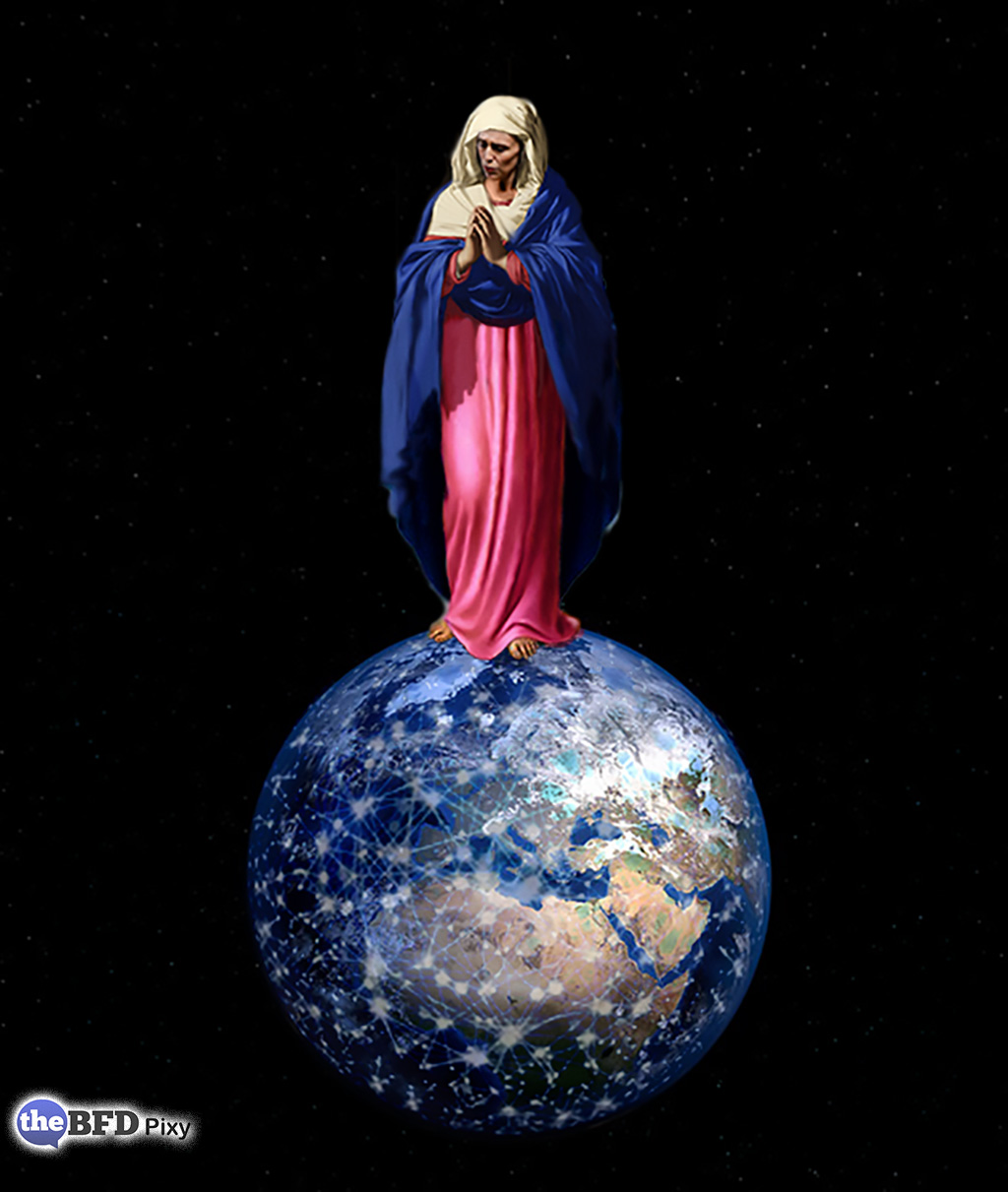This article was originally sent to the NZ Herald as a response to Sonya Bateson's article. They chose not to publish it.
Bruce Logan
Sonya Bateson’s response to Bethlehem Christian College’s statement (New Zealand Herald 17 June 2022) that marriage is between a man and a woman answers some questions but creates more.
Ms Bateson is right. Marriage is not a Christian creation. Whoever said it was? Polygamy and polyandry have existed for a very long time and still do, although polygamy is largely confined to Islam while polyandry remains very rare. Both reinforce the belief that marriage is between male and female, despite Ms Bateson’s implying the contrary.
From the beginning marriage has endured because men and women exist. They produce the next generation. All civilisations and religions make a fuss about marriage because it’s central to civilised order; in particular for the nurturing of children and the protection of women from feral men.
The Japanese, confronting disastrously low birth rates, have just declared how critical marriage between a man and woman is for cultural survival.
Examine the social and relational consequences of the war in Ukraine. It should be obvious why marriage between a man and a woman is critical to the preservation of a nation.
It is only in this century that anyone could boldly declare that marriage is not between a man and a woman. The genesis is not difficult to discover.
To condense a long story we go back to Antonio Gramsci’s revision of Marxism and the consequent “long march through the institutions”. Christianity in particular had to be replaced by an encultured Marxism that would take control of education, the arts, media and the universities. The natural intergenerational family and Christian faith remained the enemy. The ideology of diversity, inclusion and equality (DIE) remains their weapon.
Looking for a definition of “extreme”? There it is.
Recalling Shakespeare’s Macbeth, a new kind of human creature is “untimely ripped” by caesarean section; one whose identity, especially sexual identity, is a matter of choice and sexual behaviour a recreational, even therapeutic, activity. Human passion is essentially good and must not be restrained.
Promulgated especially by those who identify as LGBT+, the new creature would smother the Christian vision of human meaning by declaring it offensive.
Activists who find the Bethlehem College description of marriage offensive establish their defence in DIE which falls over at the first hurdle. Its inclusion is really exclusion. Marriage, instead of being the natural union of a man and a woman transcending the state, actually becomes its instrument. The state would tell us what it means to be human by making the politics of identity the foundation of all law. It is the divine lawmaker of civil religion.
Bethlehem College’s understanding of marriage rests on the belief that human beings have been created male and female in God’s image. We have a dignity and meaning given to us from Him. The college does not insist, and neither does the Christian faith insist, that everyone must interpret human meaning according to its theology. It simply declares that dignity and meaning are transcendent gifts.
DIE on the other hand does insist that everyone must interpret human meaning according to its theology.
A consequence of self-creation, truth is a fragile personal construct: not the testimony of the sovereign God.
Irony prevails. DIE’s construction of human dignity has been stolen from Christianity. It cannot see that it could only exist by plagiarising the religion and the culture it rejects. DIE’s dignity is a fairy-tale.
Such metaphysical muddle cannot be tested because the straw house would be blown away. That Bethlehem College dares to declare that marriage is between a man and woman is one puff too many.
Virtue, ethics, private and public morality have been disconnected from the transcendent and from any notion of the permanent. For this reason private and public morality must be totally reconstructed in order to legitimise contemporary dogma. The immediacy of emotional need must shape human meaning.
Rooted in the conviction of passion’s purity, DIE remains blind to the ironic. Having no sense of humour, it cannot stomach satire. The sovereign state must support its conviction to the ever-expanding exclusion of others.
The grasp for the freedom of identity politics is the imposition of tyranny.
Bethlehem College is a victim of the tyranny of the offended.

